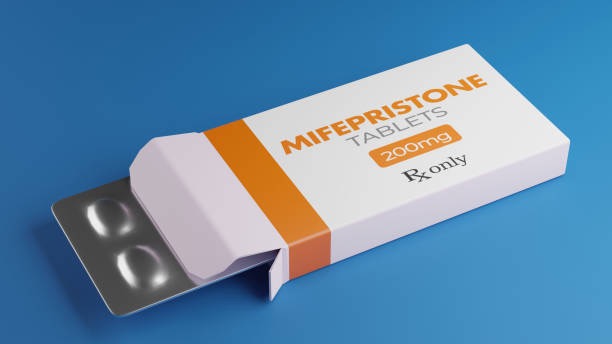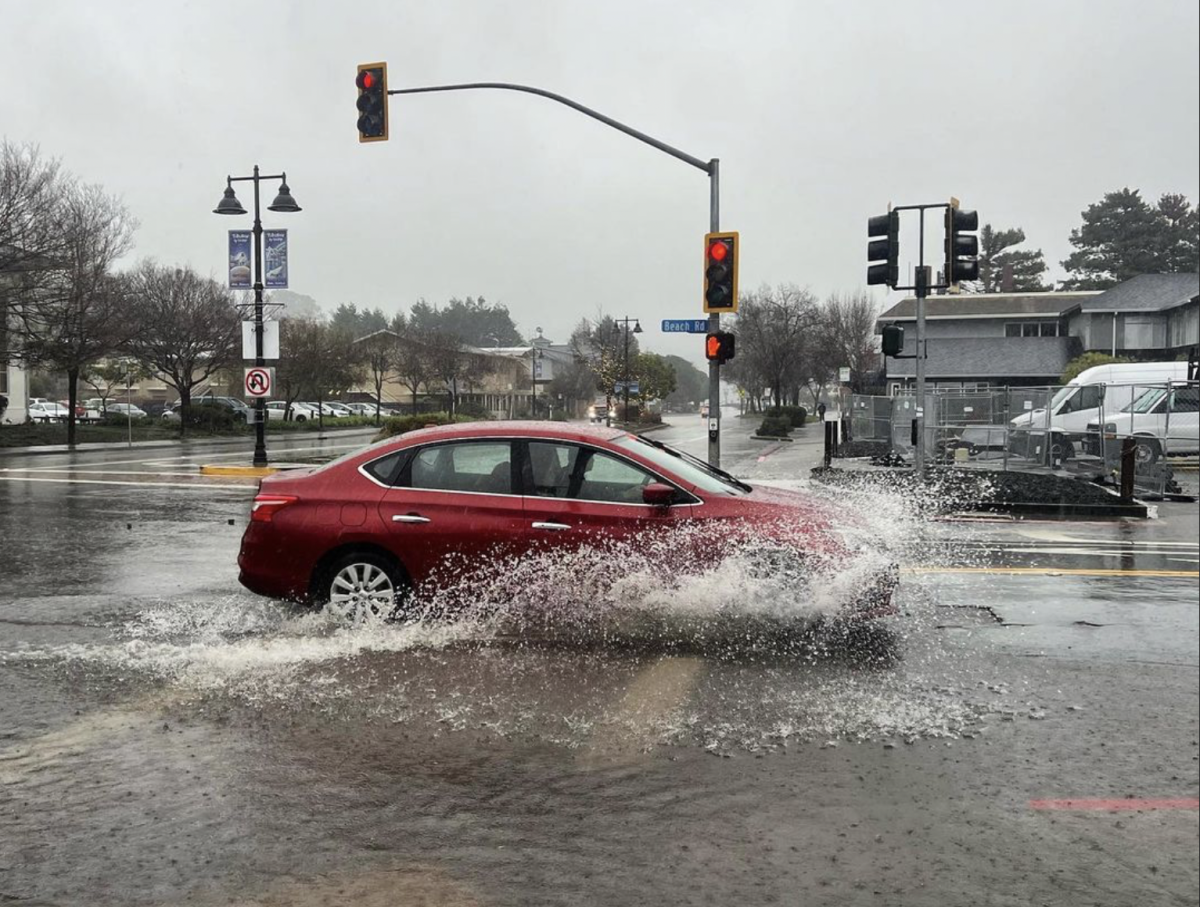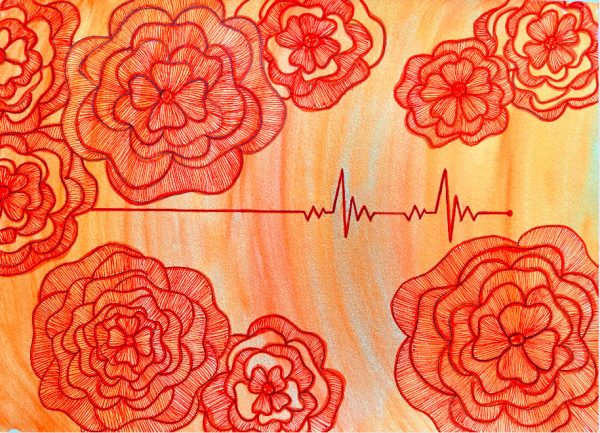From classroom to the Marine Mammal Center, students volunteer time to rehabilitate rescued marine life
March 16, 2019
Living in Marin, we are surrounded by a variety of wildlife, both on land and in water. To ensure protection of this nature, there are many organizations that promote the maintenance of healthy ecosystems, one of these being the Marine Mammal Center (MMC), located near Rodeo Beach in the Marin Headlands. For senior Carly Zech and juniors Asia Lie and Camille Dupuy, this interest is what led them to become youth volunteers at the MMC.
After hearing from family members and other members of the community that the MMC offered a program for youth to become involved in rescue operations, all three decided to apply for a volunteering position. Out of the many applicants, the three were selected along with others who were also fit to be a part of the youth crews. These crews are made up of smaller groups of volunteers that work one day during the week, either on weeknights or weekends. Their time there consists of caring for and helping rehabilitate the injured or sick animals that are brought into the center, mainly species of sea lions.
“It’s such a unique opportunity and activity to be in the pens that close to wild animals that normally aren’t on land,” Lie said.
To start off, first-time volunteers must learn the ropes of the MMC. They do this by completing tasks such as preparing food for the rescued mammals, recording their behavior and going into their pens to interact with them.

Preparing to help with animal care, Zech (center of the bottom row) aims to continue volunteering.
“We start by cleaning the pens, like brushing them down and making sure that they are clean for the animals, and then we go into the sorting fish and sorting buckets. Then we go and feed animals and give them their medicine which can take five minutes to three hours,” Zech said.
However, their efforts don’t simply stop at recording what the animals are eating and creating “fish milkshakes” for some of the animals. There are certain ranks that the volunteers advance to as they continue to build their experience at the center. In the beginning, all three volunteers started with simple tasks involving cleaning pens and preparing food for the animals. Eventually, they were able to work up to completing more difficult tasks.
Soon, Zech will be able to tube-feed the animals which consists of feeding food directly into mammals’ mouths who may not be able to chew. It is an advanced task for volunteers as there is the potential of the food entering into their lungs which can be fatal. On the other hand, being that close to the animal is significant, according to Zech.

Holding down one of the rescued seals, Zech has moved her way up to completing more advanced tasks to feed and care for the animals.
“It’s a different experience when you are tube feeding them because you’re holding their head and you are literally connected with them,” Zech said. “You become close to these animals.”
Being in such close proximity to these animals and becoming accustomed to their behavior didn’t come easy at first, but all three highlighted the uniqueness of the experience.
“It’s really cool, we get to go in to clean the elephant seal pup pens,” Dupuy said. “It’s crazy that you’re so close to them because most people haven’t been.”
Aside from simply being able to interact with the animals, the MMC also offers educational opportunities to go along with the physical rehabilitation efforts. The volunteers are also able to help as camp counselors or educate visitors about the purpose of the MMC.
“[It is] a two-part program. One’s the animal care part; the other is the education which is really important for future generations and the world issues of ocean conservation,” Lie said.
Zech explained how she has also been introduced to opportunities at the Academy of Sciences along with being able to instruct others learning the ropes of being a volunteer at the MMC.
Similarly, Lie is a returning volunteer, and has also been able to act as a mentor for incoming youth crew members. Both Zech and Lie have also been counselors at the summer camps that the MMC offers for different age groups of younger kids.
“There’s either the camp or something we call youth interpreter. At camp you act as a camp counselor for these kids and run them through activities surrounding ocean conservation and just basic animal care,” Lie said. “[For] the youth interpreter part, you’re almost like a docent for the Marine Mammal Center and you explain [a relevant topic], this year it was climate change, to the visitors that come into the center.”

Cutting fish for the animals, Lie completes many different tasks in order to prepare food and help with rescue efforts for the animals.
For Lie, this desire to spread knowledge about marine issues is what inspired her to create a club here at Redwood. She now holds the role of president of the MMC club and Dupuy is the vice-president. As a club, they help to fundraise for the MMC and get students involved with the volunteering programs.
All of the knowledge they have gained through the program and through promotion efforts has served as a key focus for their future plans. All three students described how they hope to further their expertise in this field as they head into college and their careers.
Out of all the factors that MMC has to offer as part of this youth crew program, all three volunteers value one special aspect of the experience: being in close proximity to the animals, something that is only tangible through the programs that the MMC has to offer.
“A lot of people don’t get the chance to be super close to wild animals let alone sea lions,” Zech said. “This is what is especially kind of scary but it’s also such a special and different experience.”























